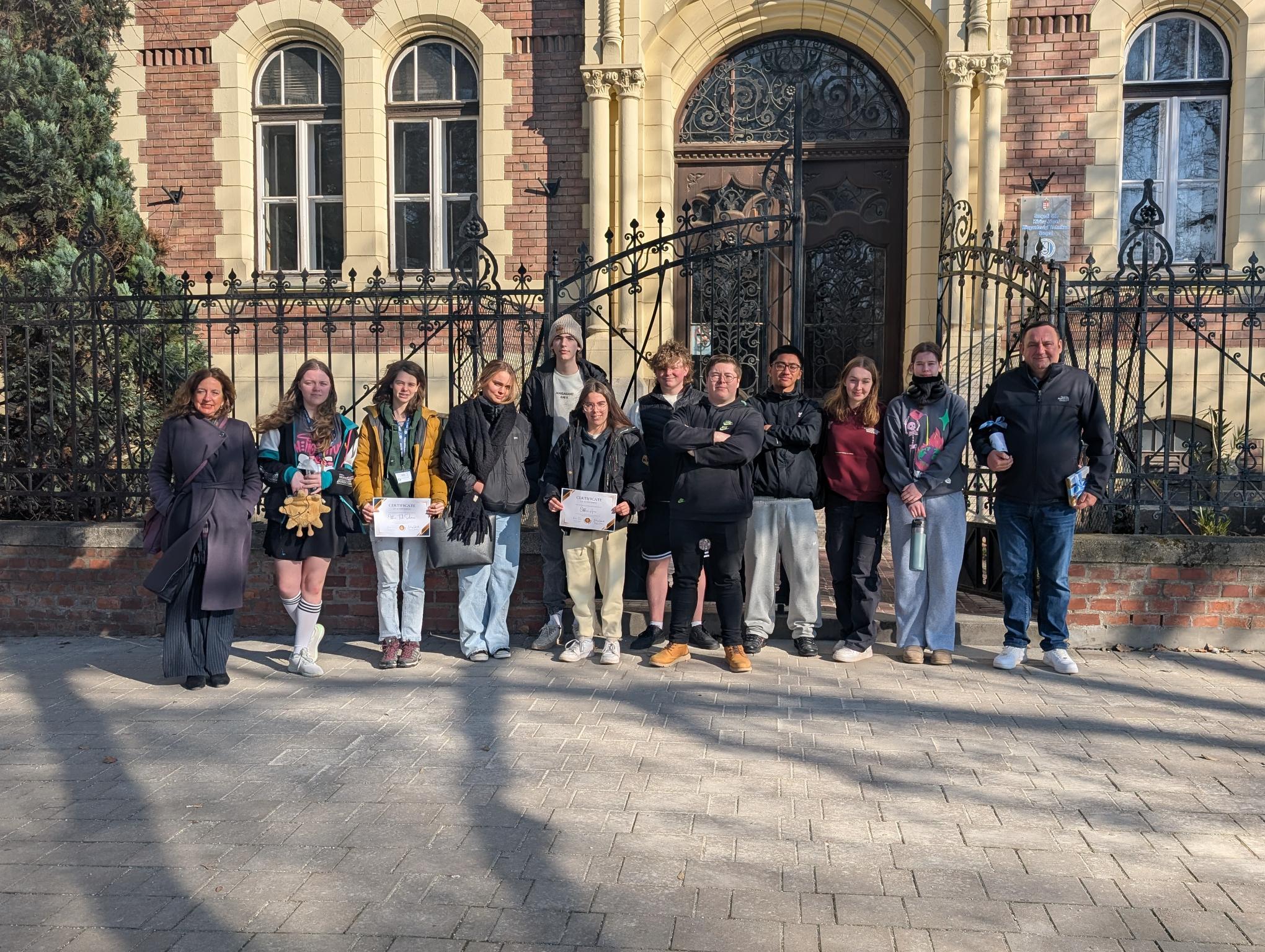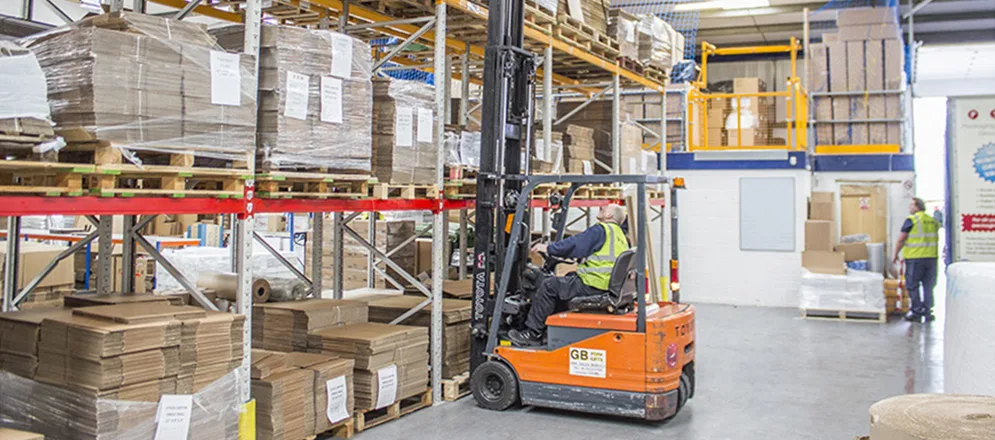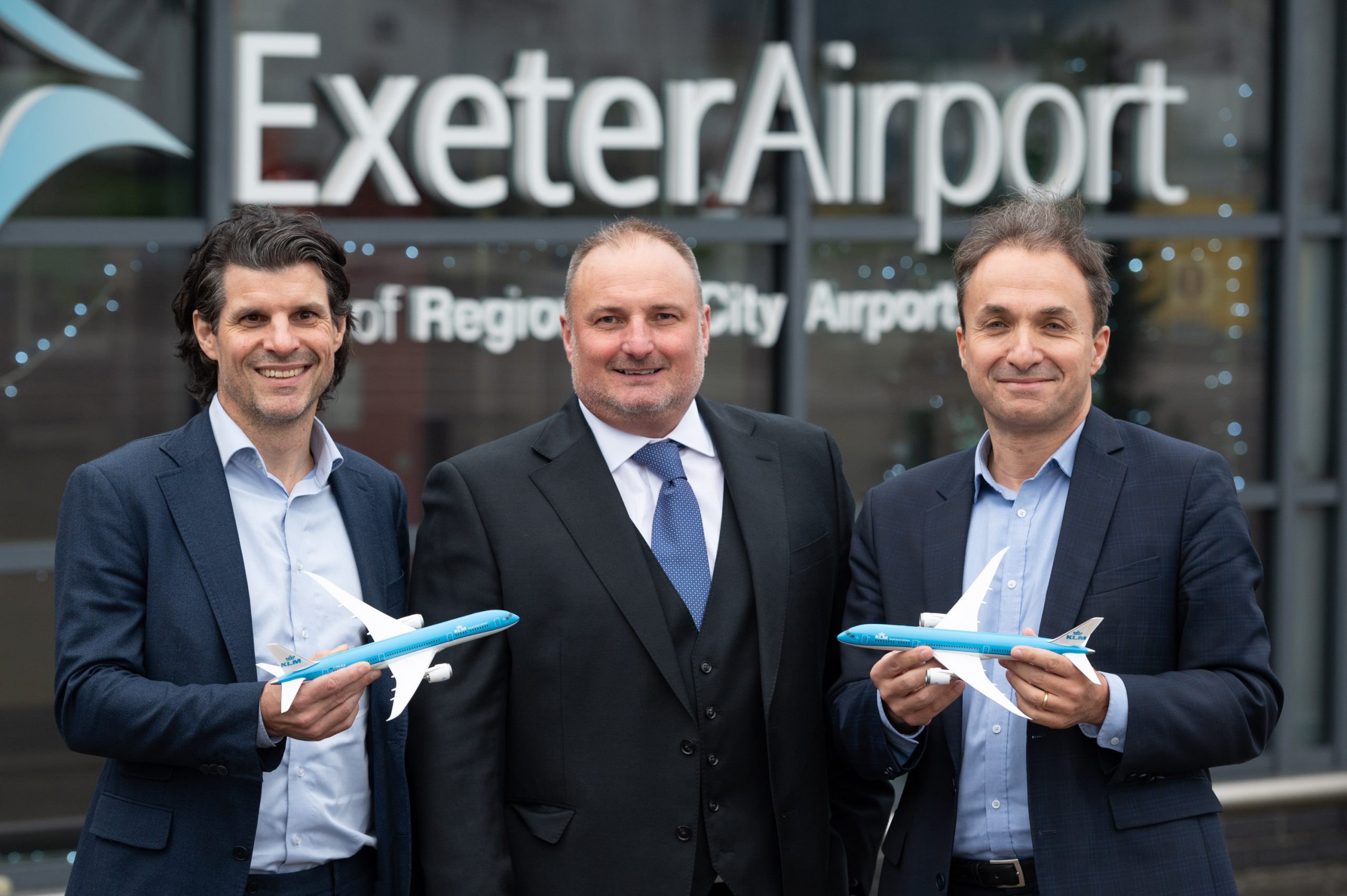About the Higher Education Commission
The Higher Education Commission is an independent body made up of leaders from the education sector, the business community, and the three major political parties. The Commission examines higher education policy, holds evidence-based inquiries, and produces written reports with recommendations for policymakers. Previous reports by the Higher Education Commission looked at international exports, postgraduate education, the regulation of higher education, financial sustainability of the sector, learning analytics, and diversity of provision.
Commission’s Seventh Inquiry
The Higher Education Commission’s seventh inquiry will examine the implementation of Degree Apprenticeships. In 2015, the Conservative Government committed to creating three million new apprenticeships by 2020, the development of Degree apprenticeships is an important aspect of this policy. Apprenticeships which have led to degrees have long existed in the UK, however the new reforms formally combine workplace experience with university study, with the requirement that the apprentice receives a full degree at the end of the apprenticeship. The Commission’s seventh inquiry aims to examine the challenges involved in implementing Degree apprenticeships. The research questions of the inquiry are:
- How do degree apprenticeships fit into the overall structure of tertiary (post-level 3) education and training, and are their formal relationship with other awards and pathways clear?
- What have been the major challenges establishing degree apprenticeships for providers/employers?
- How far are degree apprenticeships, on the basis of developments to date, providing an effective contribution to meeting the economy’s skills needs, and doing so in a way that offers value-for- money?
Instructions for Submission of Evidence
Please use the questions below to frame your response to the call for evidence, but do not feel restricted by or compelled to answer every question. The Commission welcomes all types of evidence, from data, including analysis or internal studies your organisation has carried out, to personal or organisational views on these issues. We will be asking some sensitive questions in the call for evidence and are therefore happy to offer anonymity. Please express any requests for anonymity in your evidence submission. Submissions of evidence will not be published and the Commission will seek your permission before quoting from evidence submissions in our final report. The Commission’s secretariat will also be conducting informal interviews to inform the inquiry – please get in touch if you would like to discuss the topic in more detail.
The deadline for submission of evidence is Monday October 15th. Evidence can be submitted to [email protected]. For more information about the Commission or the inquiry visit http://www.policyconnect.org.uk/hec/ or contact Tom McEwan, Senior Researcher for Education and Skills on 0207 922 8003.
RESPONDENT INFORMATION
- What is your name and role?
- Which institution are you submitting evidence on behalf of?
- Do you give permission for the Commission to quote your submission?
- Can we attribute the submission to the institution?
- Can we attribute the submission to you personally?
GENERAL QUESTIONS
- What is your rationale in providing Degree Apprenticeships or employing degree apprentices?
- What have been some key challenges in your involvement with Degree Apprenticeships?
– How can these challenges be overcome? Does this differ by sector? Is there a role for the Government?
- Are Degree Apprenticeships well placed to address the skill gaps in the UK economy? Make reference to your own sector if appropriate.
– Are they better suited for some sectors than others? Are there any areas where you believe
Degree Apprenticeships are currently being offered and should not be?
- Are progression pathways toward Degree Apprenticeships clear and well defined?
- What impact are Degree Apprenticeships having on Level 4/5 qualifications?
– Are funds being displaced? Should there be progression pathways through the levels?
- To what extent do you think SMEs are being effectively utilised in Degree Apprenticeship provision?
– Have you partnered with any SMEs or non-levy payers? If so, how did that partnership develop?
- What policy recommendations would you make, either at Government, employer or provider level, which might facilitate the successful delivery of Degree Apprenticeships?
EMPLOYERS AND RELATED BODIES
- What are the benefits to you as an employer of an apprentice studying for a degree?
- To what extent is there a synergy between degree course content and the required skills, knowledge and behaviours of the occupation?
– Are there any recommendations that you would make surrounding course content?
- Describe any costs you might incur in training a degree apprentice that are not covered by levy funds
– Are such costs viewed as a barrier or deterrent from hiring Degree Apprentices?
- To what extent has the forecasted loss of skilled labour post-Brexit influenced your decision to become involved in degree apprenticeships?
- Comment on the efficacy of the trailblazer process and its impact on the development of standards, as it relates to your experience
- Are there any other employer level factors which we should be focusing on that are not covered in this call for evidence?
PROVIDERS AND RELATED BODIES
- What are the benefits in offering degree apprenticeships? How do they fit in to your wider offer?
- To what extent is there a synergy between degree course content and the required skills, knowledge and behaviours of the occupation?
- How do you think degree apprenticeships fit in to existing pathways of progression?
- How do you view the future of FE and HE relations?
- Describe your experience with the fee setting process for Degree Apprenticeships by the IfA
- Are there any other provider level factors which we should be focusing on that are not covered in this call for evidence?









